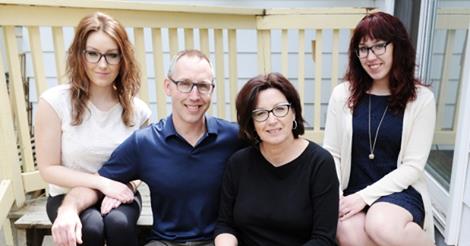Friday, March 20, 2015
For the past four years, as most of you know, Bob has been pretty much bed bound. I mean, he really only gets up out of that hospital bed when I force him to because we have somewhere to go -- i.e. doctor's appts., therapy, medical tests or rare scheduled "fun" thing. In the past, many well-meaning folks (other caregivers and medical providers) have advised me to contract with one of the "house call" medical groups, meaning doctors/nurses/therapists who come to the home instead of us going to them, but I've always refused, because, I tell you, if we did that, Bob would never move out of that bed at all.
And I do think getting up and going somewhere is good for his soul, even if only to a doctors office, even if it means more work for me.
So it was quite a shock, a real surprise, and a truly wonderful development that Bob, 2 weeks ago, wanted to, for the first time ever, get out of bed and, in his words, just "tool around" on "the remote".
Um, "The Remote" is the name he uses for his new power chair.... all righty... Took me awhile to figure out what he was talking about there...
Anyhoo, two times, since the move, he has requested to get out of bed to just "tool around". He has been excitedly exploring the house and the neighborhood (in the company of me and Boomer). He is, also, learning to maneuver "the remote" -- though our woodwork, doors and walls pay the price!
I tell you, the move to this new house and the new power chair have been truly a Godsend for Bob. He certainly is coming out of his shell. And this interest in just "tooling around" would not have happened at our former (very small) house with the old manual wheelchair...
Here's some pics from our last adventure:


























.JPG)


